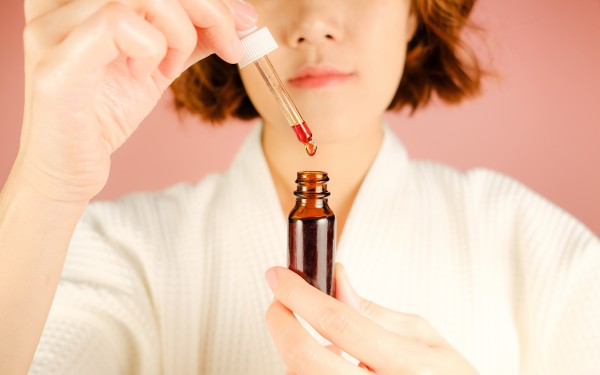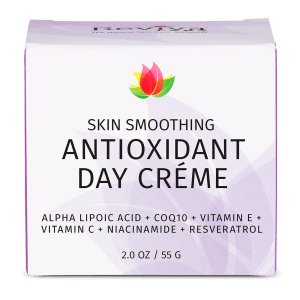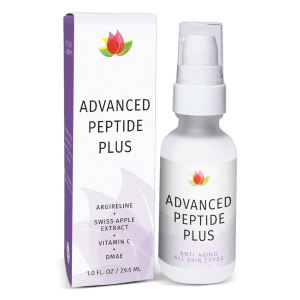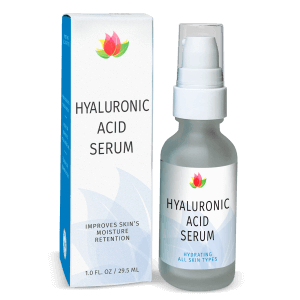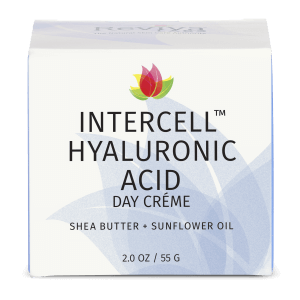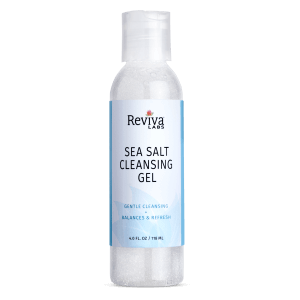Natural, Reviva Labs, Skin Care
Best Skin care for Menopausal Skin: Changes, Care, and Products
Menopause is a natural phase in a woman’s life that brings about a variety of significant changes in the body. We often hear about weight gain, headaches, and mood swings but one aspect that often goes unnoticed is its impact on the skin. Menopause can lead to a wide range of skin concerns and challenges that can make caring for it properly really tricky. Let’s take a closer look and what happens to the skin during menopause and what we can do to support the skin maintain its health and vitality.
Key Changes in Menopausal Skin
Loss of Elasticity
Declining estrogen levels contribute to a decrease in collagen and elastin production, leading to a loss of skin elasticity. Women lose about 30% of the skin’s collagen during the first five years of menopause. This can result in sagging and the formation and deepening of wrinkles and fine lines – seemingly overnight.
Dryness
Menopausal skin tends to become drier due to reduced production of naturally occurring hyaluronic acid and sebum. Without these two building blocks, the skin loses its ability to retain moisture. This can cause tightness, itchiness, and a dull complexion.
Thinning of the Epidermis
Besides losing elasticity, fat pads under the skin also decrease. The topmost layer of the skin, the epidermis, becomes thinner, making the skin look hollow and wrinkle due to the lost fullness. The most noticeable effects include eyelids that droop, jawline sags and become less defined, jowls form and can lead to a “turkey neck” appearance.
Increased Sensitivity
According to the American Academy of Dermatology Association, around the age of 50, the pH level of the skin changes making the skin more sensitive. Additionally, hormonal changes can make the skin more sensitive and reactive to external factors, such as sunlight, heat, and certain skincare products.
Uneven Skin Tone
Menopause can trigger hyperpigmentation, resulting in age spots or dark patches on the skin. If you’ve spent a significant amount of time in the sun without protection, discoloration will begin to appear even more quickly. Age spots and larger areas of darker skin can appear on your face, chest, hands or neck – all areas of the body that are typically exposed to the sun daily.
Caring for Menopausal Skin
Hydration
Moisturize your skin daily with a rich, nourishing moisturizer to combat dryness. Look for products that contain ingredients like hyaluronic acid and ceramides, which help retain moisture.
Sun Protection
Shield your skin from harmful UV rays by wearing sunscreen with at least SPF 30 every day. Opt for broad-spectrum sunscreens that safeguard against both UVA and UVB rays.
Gentle Cleansing
Use a mild, non-drying cleanser to cleanse your skin twice a day. Avoid hot water, as it can strip away natural oils and exacerbate dryness.
Antioxidants
Incorporate antioxidants into your skincare routine to counteract the effects of free radicals. Vitamin C, resveratrol, and green tea extract are potent antioxidants that can help improve skin health.
Retinoids
Consider using retinoids (vitamin A derivatives) to stimulate collagen production and reduce the appearance of fine lines and wrinkles. Start with a low concentration and gradually increase usage as tolerated.
Hormone Replacement Therapy (HRT)
Consult with your healthcare provider to discuss the option of HRT. HRT can help regulate hormone levels and mitigate certain menopausal skin concerns.
Lifestyle Factors
Maintain a healthy lifestyle by consuming a balanced diet, exercising regularly, managing stress levels, and getting adequate sleep. These factors contribute to overall skin health.

Skincare Products
Moisturizer
Look for moisturizers specifically formulated for mature or menopausal skin. Products with hyaluronic acid, ceramides, and shea butter are beneficial for hydration and skin barrier repair.
Sunscreen
Choose broad-spectrum sunscreens with SPF 30 or higher. Look for lightweight formulations that won’t clog pores or leave a greasy residue.
Antioxidant Serums
Vitamin C serums, green tea extracts, and niacinamide are excellent choices for combating oxidative stress and improving skin tone.
Retinol or Retinoid Creams
Incorporate a retinol or retinoid cream into your nighttime routine. Begin with a low concentration and gradually increase usage to avoid skin irritation.
Gentle Cleansers
Opt for mild, soap-free cleansers that won’t strip away natural oils. Look for products with hydrating ingredients like glycerin or aloe vera.
Menopausal skin requires special care to address the changes associated with hormonal fluctuations. And, since every woman’s skin is unique, it’s essential to listen to your skin’s specific needs and perhaps consult with a dermatologist to tailor your skincare regimen accordingly. Most importantly, embrace this new chapter with confidence, knowing that with the right care, your skin can continue to radiate beauty and resilience.
If you missed it, here’s our Talking Skincare Webinar: Menopausal Beauty Advice






